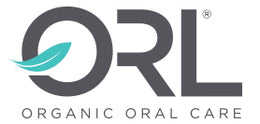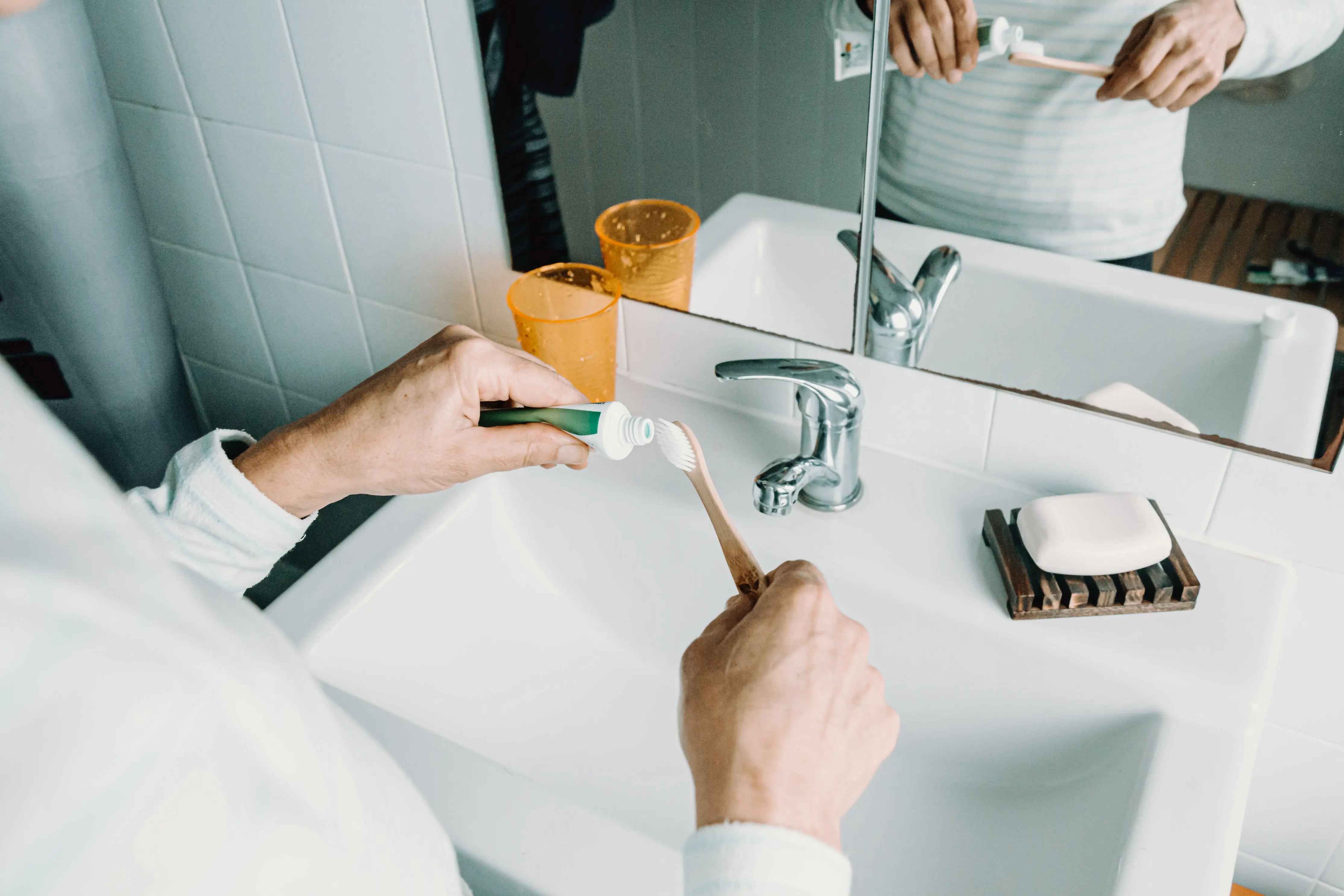Charcoal toothpaste has gained popularity in recent years, often marketed as a "natural" way to whiten teeth and detoxify the mouth. While it might sound appealing, the reality is that charcoal-based toothpaste can actually do more harm than good.
Abrasiveness and Enamel Damage
One of the most significant concerns with charcoal toothpaste is its abrasiveness. Charcoal particles are highly coarse, and using them regularly can wear down tooth enamel. Enamel is the protective outer layer of your teeth, and once it’s eroded, it doesn’t grow back. This can lead to increased sensitivity, vulnerability to decay, and even discoloration—the very problem charcoal is supposed to fix.
Staining and Long-Term Discoloration
Contrary to popular belief, prolonged use of charcoal toothpaste can lead to darker stains over time. Charcoal’s absorbent properties can cause it to settle into the tiny cracks and crevices in your enamel, leading to grayish discoloration that’s hard to remove without professional dental care.
Charcoal “Pulls” Disrupting the Oral Microbiome
Another concern with charcoal toothpaste is its highly absorbent nature, which can pull not only surface stains but also essential nutrients and medications from your system. Activated charcoal is known for its detoxifying properties, often used in medical settings to bind and remove toxins. However, when used in the mouth, it may bind to beneficial compounds, including vitamins and medications that are critical for maintaining overall health.
Moreover, regular use of charcoal toothpaste can disrupt the balance of your oral microbiome—the diverse community of good and bad bacteria in your mouth. A healthy oral microbiome is essential for preventing issues like bad breath, gum disease, and tooth decay.
Charcoal’s overly aggressive cleansing properties can strip away beneficial bacteria, weakening your mouth’s natural defenses. Over time, this imbalance may lead to a less resilient immune system within the mouth, making it easier for harmful bacteria to thrive and cause dental problems.
Limited Whitening Benefits
While charcoal may provide a short-term whitening effect by removing surface stains, it doesn’t actually change the color of your teeth. The initial results can give the illusion of whiter teeth, but this fades quickly as deeper stains remain untouched. True whitening requires ingredients that penetrate and lighten the actual structure of the tooth, not just the surface.
Long-Term Impact on Oral Health
Over time, frequent use of charcoal toothpaste can cause irreversible damage to your teeth and gums. The abrasiveness can lead to gum recession, exposing sensitive roots, and making teeth more prone to decay and discomfort.
A Better Alternative: Natural Hydroxyapatite Toothpaste for Safe, Effective Whitening
Rather than resorting to risky fads like charcoal toothpaste, it's better to opt for science-backed alternatives. Hydroxyapatite, a naturally occurring mineral, is a safe and effective ingredient for strengthening enamel and whitening teeth without abrasiveness. Unlike charcoal, hydroxyapatite works by remineralizing the tooth surface, repairing minor damage, and providing long-term protection. Plus, it’s gentle on enamel and gums, making it ideal for daily use.
Conclusion: Choose Wisely for Lasting Oral Health
While charcoal toothpaste might seem like a trendy, natural option, its potential harm far outweighs its limited benefits. For those seeking whiter teeth and a healthier smile, it’s better to turn to alternatives like natural hydroxyapatite toothpaste, which this natural calcium provides a balance of safety and efficacy. Your teeth deserve more than a quick fix—they need long-term care that preserves their health and beauty.



